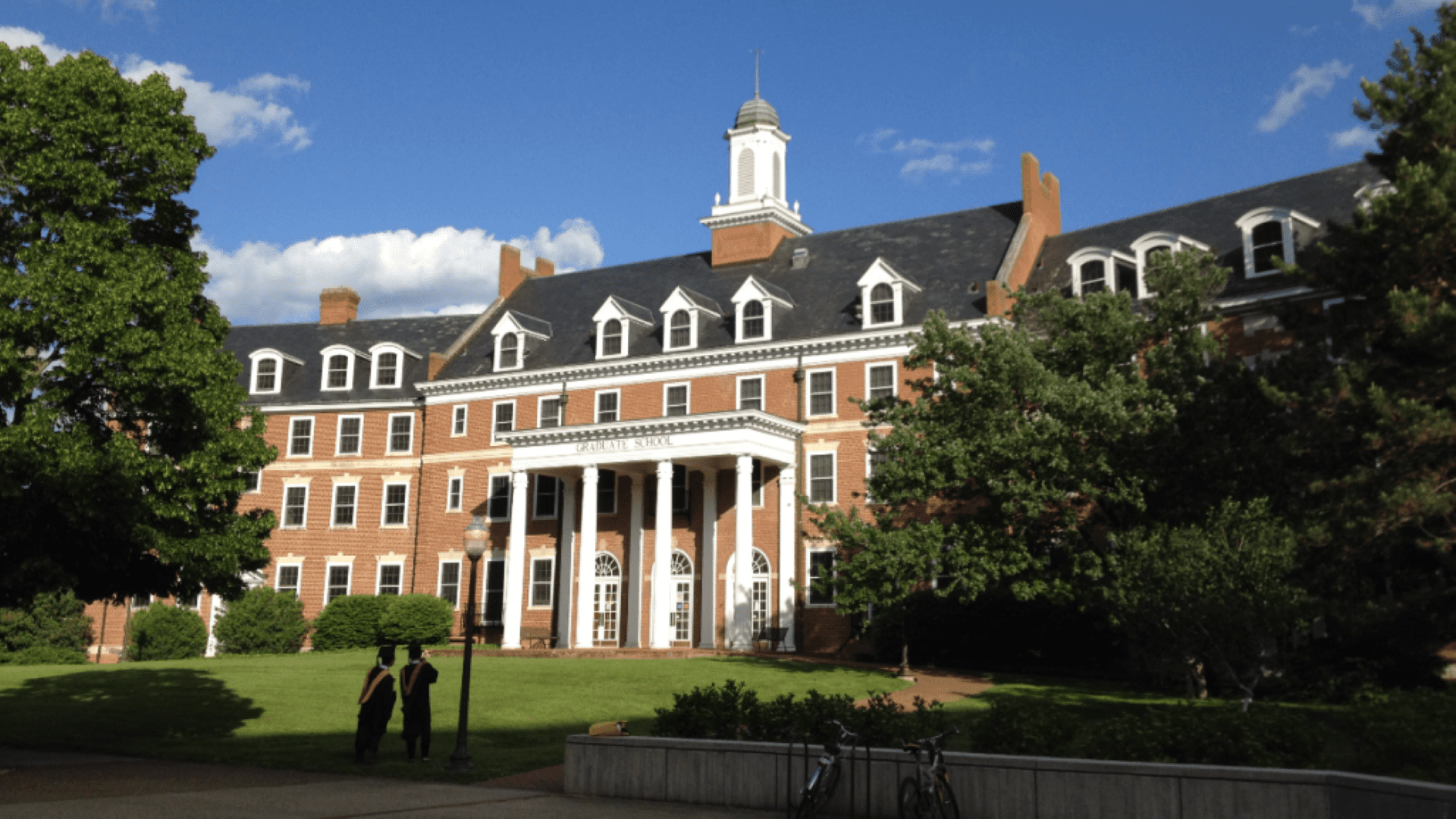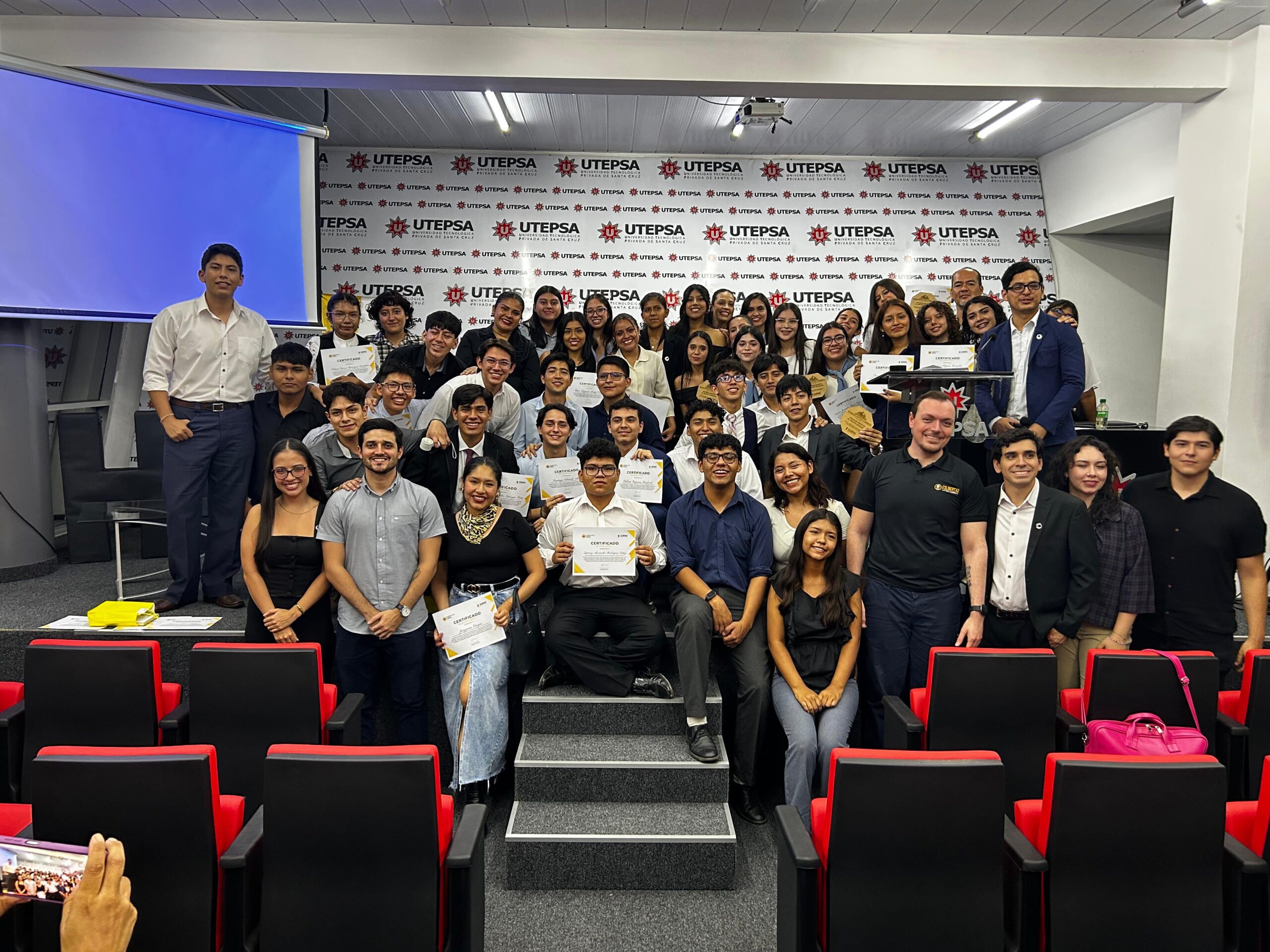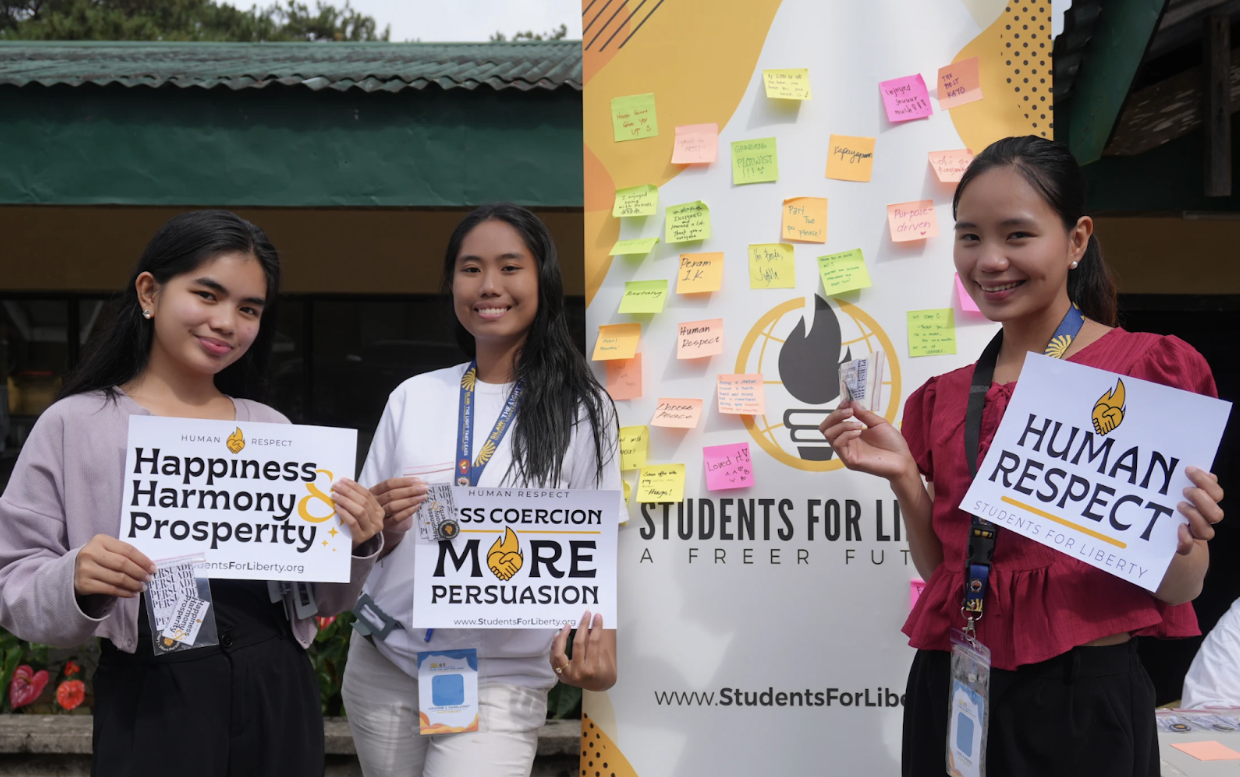Jason Riley is an esteemed Wall Street Journal columnist and frequent commentator on the issues facing Black Americans. He has written books such as Please Stop Helping us and False Black Power? which suggest a different perspective on racial tensions in the US which led to the intense rioting in 2020.
You would have thought that one would want a broad range of analysis to such a deep, complicated, and long-term problem that plagues the United States, but apparently a mono-narrative from self-appointed moral arbiters is the way to solve social problems.
Thinkers on the right are no stranger to abuse and unjust criticism, but one that stands out was his disinvitation from his planned commencement speech at Virginia Tech in April 2016. The department head and other faculty members had concerns about his writings on race, which focus on how government policy that is supposed to help Black people has unintended consequences that actually ends up hurting them.
Students can simply suppress the views of prominent, reasonable academics
Riley’s disinvite followed a rash of others who have been told that their views are not welcome because they disturb campus activists. The Foundation for Individual Rights in Education (FIRE) calls it “Disinvitation Season,” the time of year when students and faculty begin demanding commencement speakers be disinvited.
While student protest and criticism over commencement speakers can add to the dialogue over an issue, disinvitations — by their very nature — detract from the dialogue because they prevent a valuable perspective from being heard. There are so many disinvitations that FIRE has started a disinvitation database, which chronicles the 286 attempts in recent years.
If only these graduates could “disinvite” viewpoints they disagree with when they step into the real world.
Academic freedom is crucial to solving problems and cultivating well-rounded individuals
University of Wisconsin Professor Donald Downs explained in a Learn Liberty video why academic freedom and hearing opposing viewpoints is so valuable. For many students, and even academics, the mere fact that people want to entertain a wide variety of viewpoints is silly and pointless; After all, who isn’t against racism and sexism? Why would we bother funding research for people who think otherwise?
Professor Downs finds this view bewildering. The fact that freedom of speech is somehow being conflated as “anti-justice,” and therefore immoral and void is shocking. For Downs, the question of “what is justice?” is one of the most fundamental political and legal questions one can ask; answering which is something that one could argue is the whole point of attending a college or university.
Just as important is the meta-narrative surrounding “good and correct speech”, which is to say who decides what is justice and what is allowed. That in and of itself is a pertinent aspect of this debate. It is a complete anathema to the whole concept of university, where academic freedom allows people to debate and analyze on an equal playing field in order to grow their understanding.
According to the pro-justice, anti-free speech brigade, universities are almost pointless as they’ve already arrived at the absolute truth. Instead, in their perfect world students should essentially turn up, collect a couple of books with instructions on how to be a good person, and be sent home for a few thousand dollars.
The whole point of problem solving is to experiment in a free and open world to see what works. Simply fusing your particular political ideology with the idea of “being right, good, and moral” is not only intensely hubristic, but completely out of touch with the nuanced and complicated nature of reality. Until we understand this, we have no hope of progressing as a society.
To read more about freedom of speech, be sure to check out our cluster page by clicking on the button below.
Updated by Joseph Simnett
A version of this article was previously published on the Learn Liberty blog
This piece solely expresses the opinion of the author and not necessarily the organization as a whole. Students For Liberty is committed to facilitating a broad dialogue for liberty, representing a variety of opinions. If you’re a student interested in presenting your perspective on this blog, send your piece to [email protected], and mention SFL Blog in the email subject line for your chance to be published and be seen!









